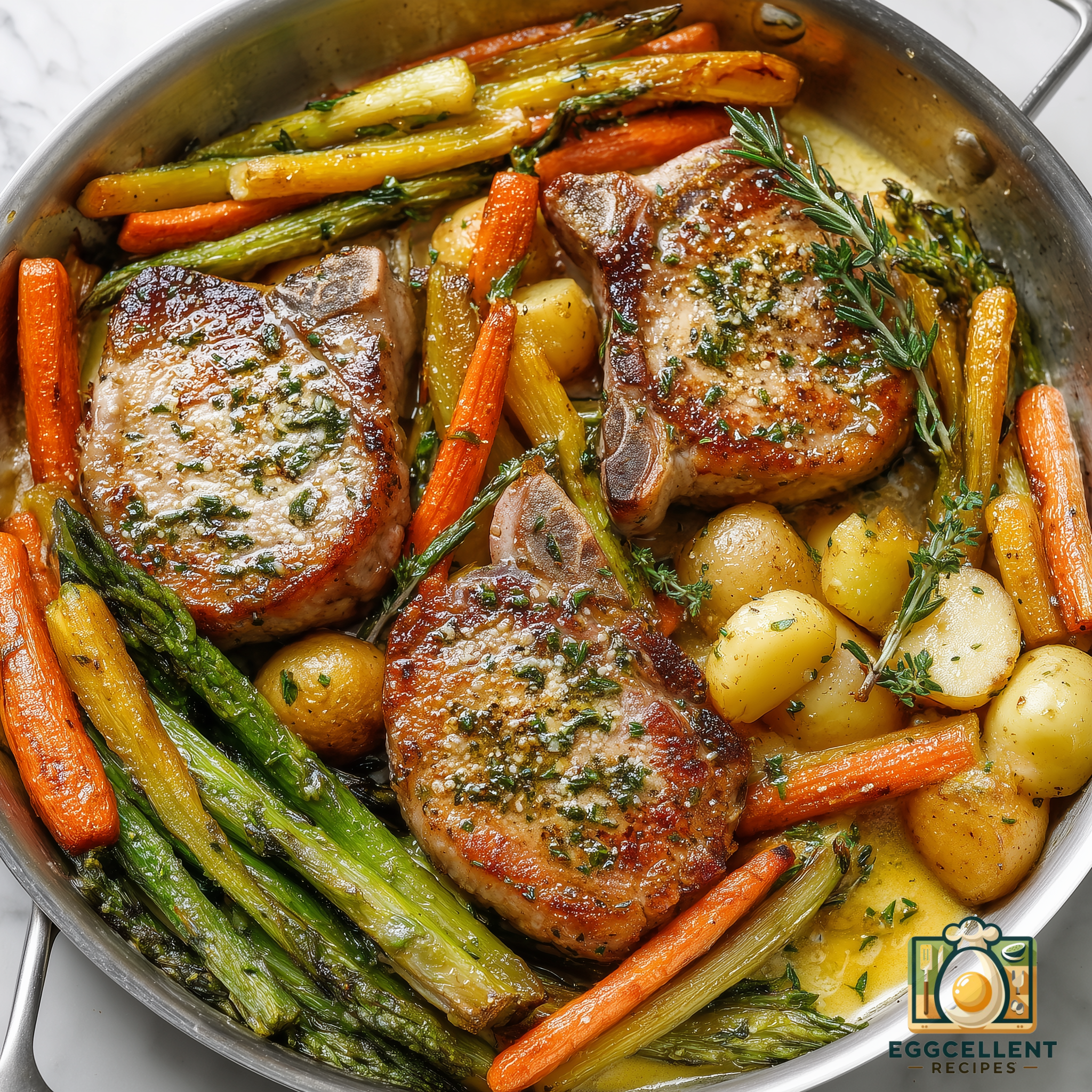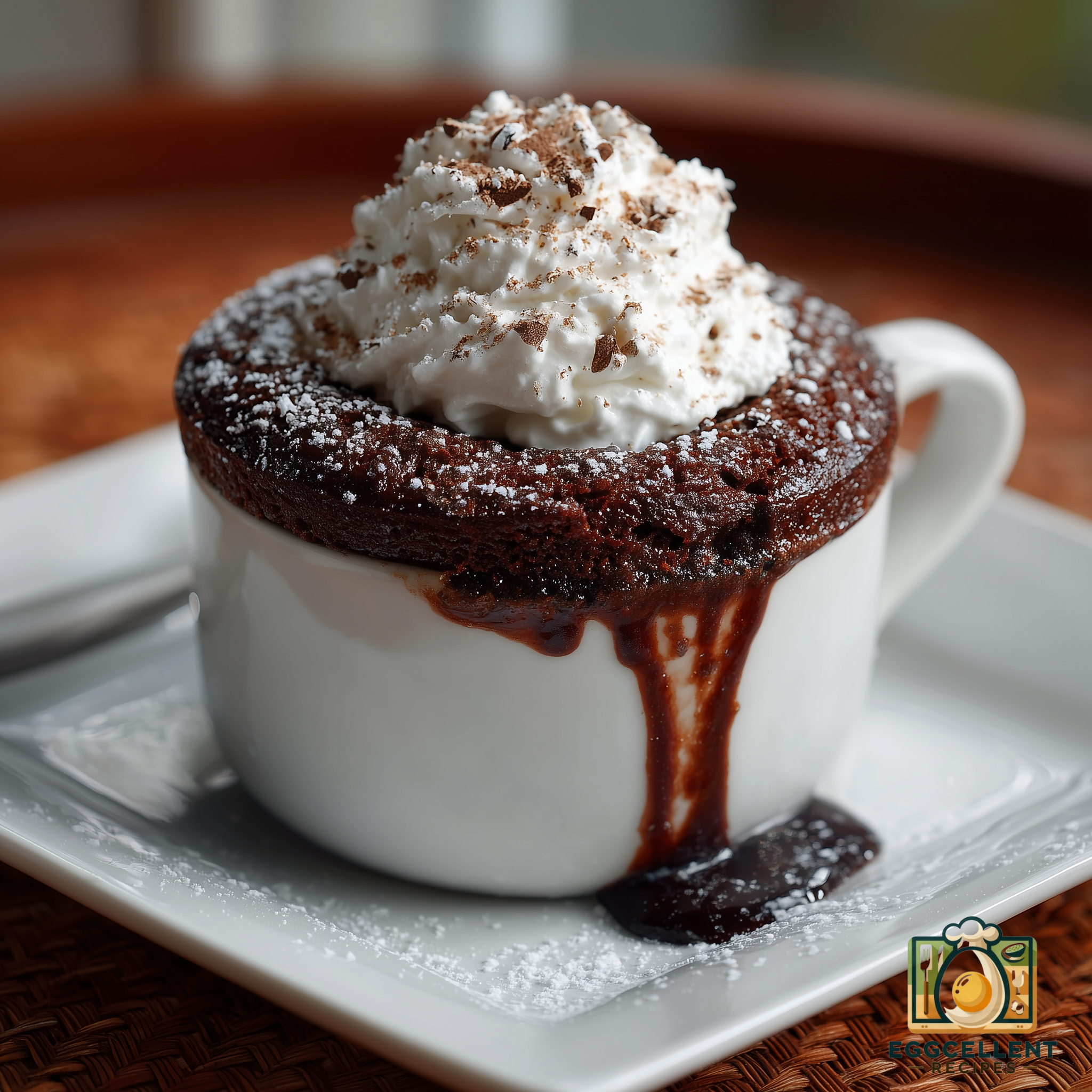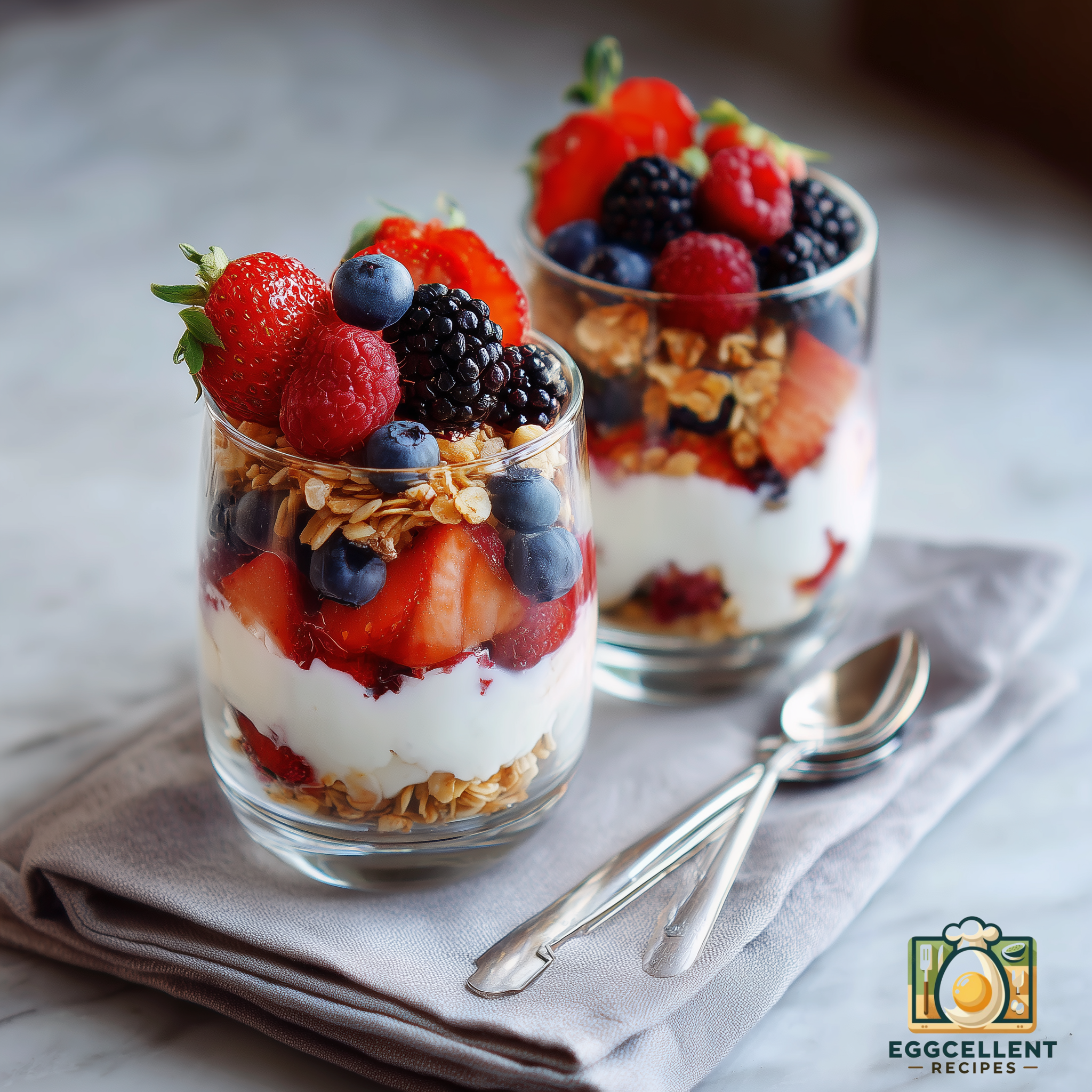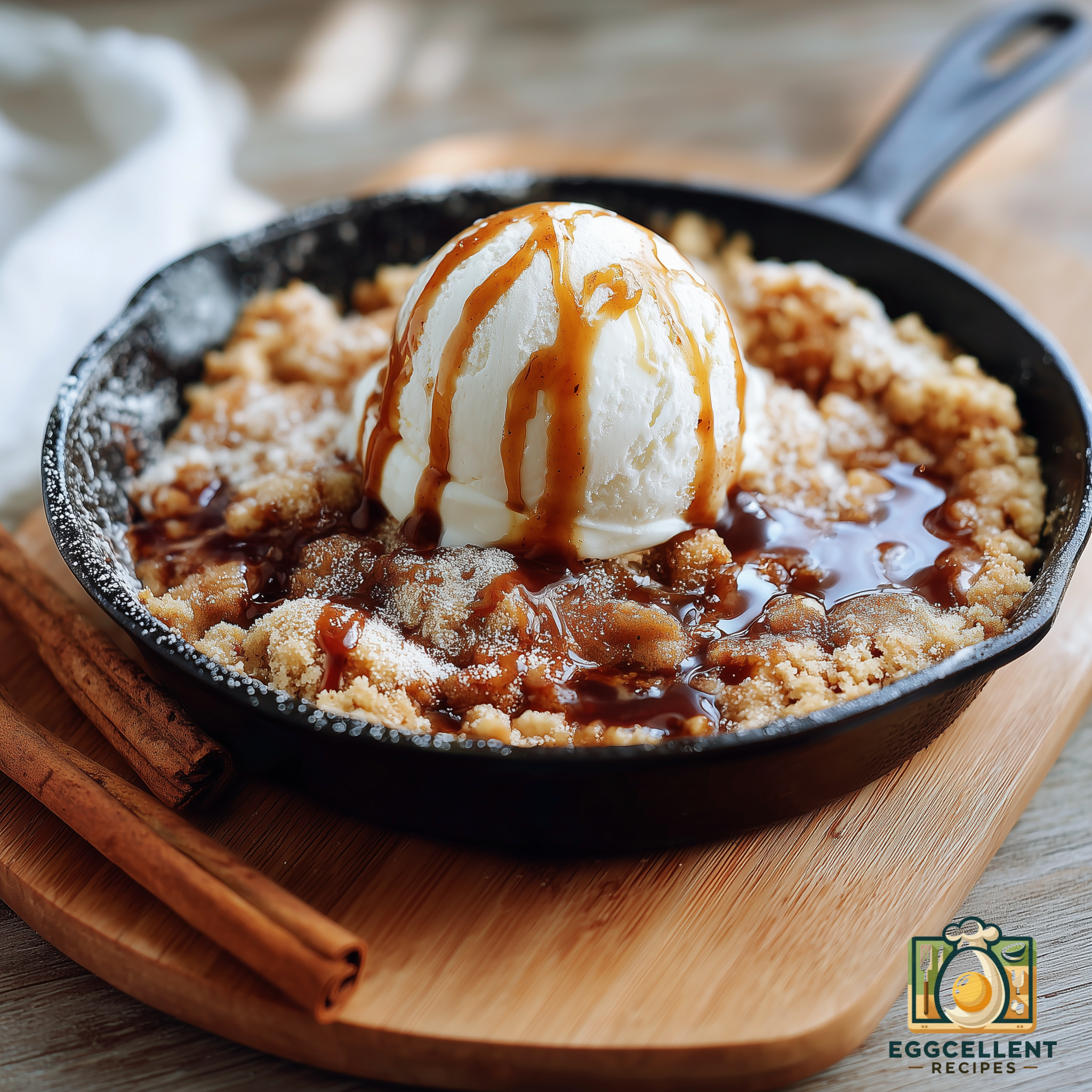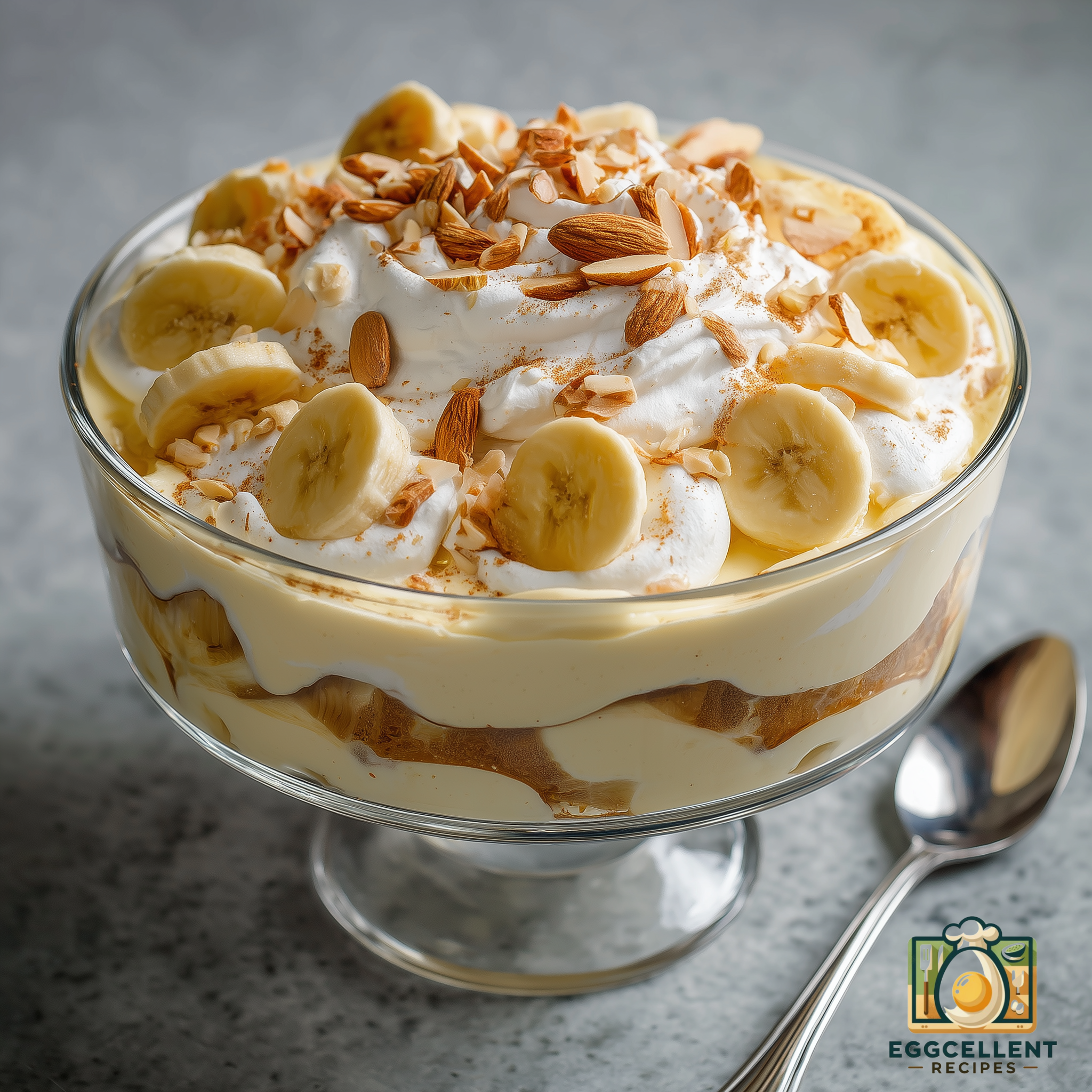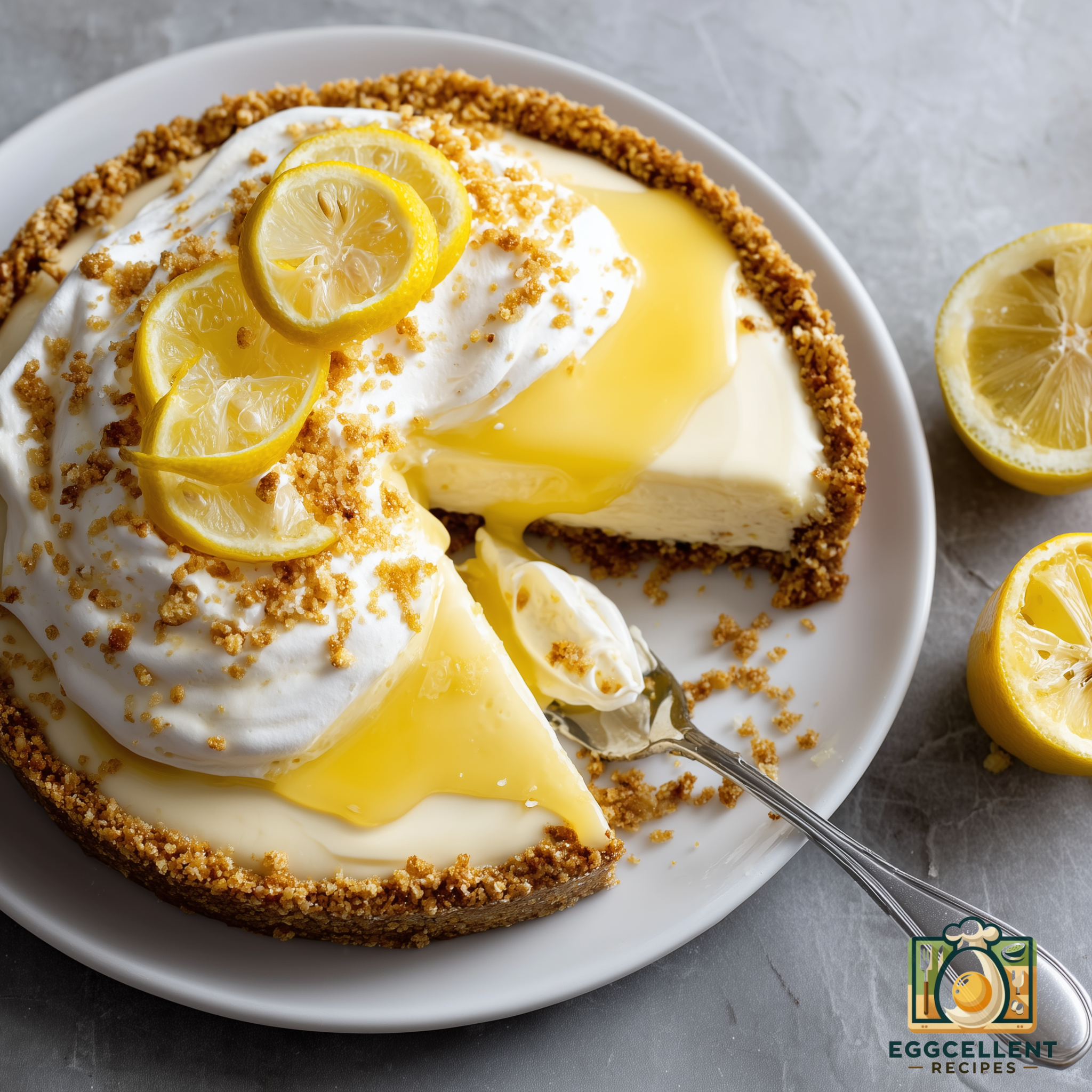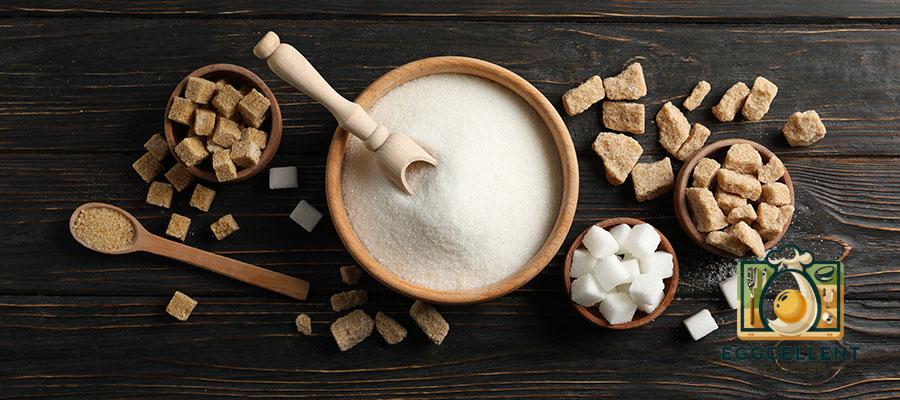
Cutting back on added sugar is one of the fastest ways to tame blood-sugar spikes, trim empty calories, and protect long-term heart health. But not all sweeteners are created equal: some bake beautifully with no after-taste, others can upset your gut—or even raise eyebrows in the latest research. Use this cheat-sheet to navigate the sweetener aisle with confidence.
Quick-Glance Sweetener Matrix
| Sweetener | Type | Sweetness vs. Sugar | Calories (per g) | Best Uses | Key Caveats |
|---|---|---|---|---|---|
| Stevia (reb-A extract) | Plant glycoside | 200× | 0 | Hot drinks, no-bake treats | Bitter at high heat; blend with erythritol for baking |
| Monk-Fruit (mogrosides) | Plant glycoside | 150–250× | 0 | Drinks, yogurt | More $$; watch for fillers |
| Allulose | Rare “simple” sugar | 70% | 0.4 kcal | Cakes, cookies (browns & bulks) | Pricey; high doses = mild bloat; EU approval pending fda.govfoodnavigator-usa.com |
| Erythritol | Sugar alcohol | 70% | 0.2 kcal | Keto ice cream, chocolate | Large intakes linked to platelet-related heart risk—moderate use advised nypost.comnewsroom.clevelandclinic.orgnewsroom.clevelandclinic.orgconsultqd.clevelandclinic.org |
| Xylitol | Sugar alcohol | 100% | 2.4 kcal | Chewing gum, brownies | Laxative in > 10 g; toxic to dogs |
| Sucralose | Chlorinated sugar | 600× | 0 | High-heat sauces, syrups | Can form chlorinated by-products > 400 °F |
| Aspartame | Dipeptide blend | 200× | 0 | Diet sodas, puddings | WHO/IARC lists as “possible carcinogen”; safe below 40 mg/kg ADI who.intiarc.who.intpressroom.cancer.org |
Spotlight on Popular Picks
1. Stevia
-
Source: Leaf of Stevia rebaudiana.
-
Health notes: Doesn’t raise glucose or insulin; small trials show slight blood-pressure reduction.
-
Kitchen tips: For cakes, blend ½ cup erythritol + ⅛ tsp liquid stevia to replace 1 cup sugar—minimizes bitterness.
2. Allulose – the “Rare Sugar”
-
Metabolism: Absorbed but not fully metabolized, so it contributes ~10 % of sugar calories. The FDA lets brands leave it out of “Added Sugars” totals and count just 0.4 kcal/g fda.gov.
-
Flavor & texture: Tastes like the real thing and caramelizes—perfect for cookies and ice cream.
-
Watch-outs: GI tolerance tops out around 0.4 g per kg body weight.
3. Monk-Fruit
-
Antioxidant mogrosides give intense sweetness with no glycemic load.
-
Buying tip: Choose products that list monk-fruit as the first ingredient—many packets are > 90 % erythritol or dextrose.
4. Erythritol
-
Pros: Zero net carbs; minimal gastric distress vs. other polyols because 90 % is excreted unchanged.
-
Emerging risks: Large observational and intervention studies (2023–25) tie high blood erythritol to elevated clotting and stroke risk, urging “moderation until more data emerge.” nypost.comnewsroom.clevelandclinic.orgconsultqd.clevelandclinic.org
5. Sucralose
-
Heat stable below ~400 °F; loses sweetness in homemade caramel.
-
Controversy: Some animal data suggest gut-microbe shifts and potential DNA damage at massive doses; human relevance unclear.
6. Aspartame
-
Safety status: Still within WHO/JECFA acceptable daily intake, but IARC moved it to Group 2B (“possibly carcinogenic”) in 2023, advising consumers to stay below 40 mg/kg (≈ 12 diet sodas for a 150-lb adult). who.intiarc.who.int
-
Not heat friendly: Breaks down when baked for > 20 minutes.
Choosing the Right Substitute
-
Purpose matters:
-
Coffee/tea: stevia drops or monk-fruit.
-
Chewy cookies: allulose or a 1:1 erythritol blend.
-
No-bake bars: a few dates + stevia for fiber plus sweetness.
-
-
Check fillers: Avoid products where maltodextrin or dextrose tops the ingredient list—they spike glucose almost like sugar.
-
Mind your gut:
-
Start with ≤ 10 g sugar alcohols per sitting to dodge bloating.
-
Rotate options—monk-fruit today, stevia tomorrow.
-
-
Stay below ADIs: Even “zero-cal” sweeteners have limits; track total intake from drinks, yogurt, protein powder, and gum.
Conversion Cheat-Sheet
| Replace 1 cup Sugar With | Try This |
|---|---|
| Stevia | ½ tsp powdered stevia + ½ cup unsweetened applesauce (adds bulk) |
| Monk-Fruit Blend | 1 cup 1:1 monk-fruit-erythritol product |
| Allulose | 1 ⅓ cups allulose (it’s 70 % as sweet) |
| Sucralose Granular | 1 cup sucralose baking blend |
| Date-Paste (whole-food) | ¾ cup date paste + reduce recipe liquid by 2 Tbsp |
Final Thoughts
Sugar substitutes can slash added-sugar intake, help manage blood glucose, and support weight goals—but they’re not one-size-fits-all. Factor in taste, cooking temperature, gut tolerance, and the latest safety data. Rotate options, stick to moderate portions, and focus your diet on whole foods first—because the sweetest victory is balanced health.

